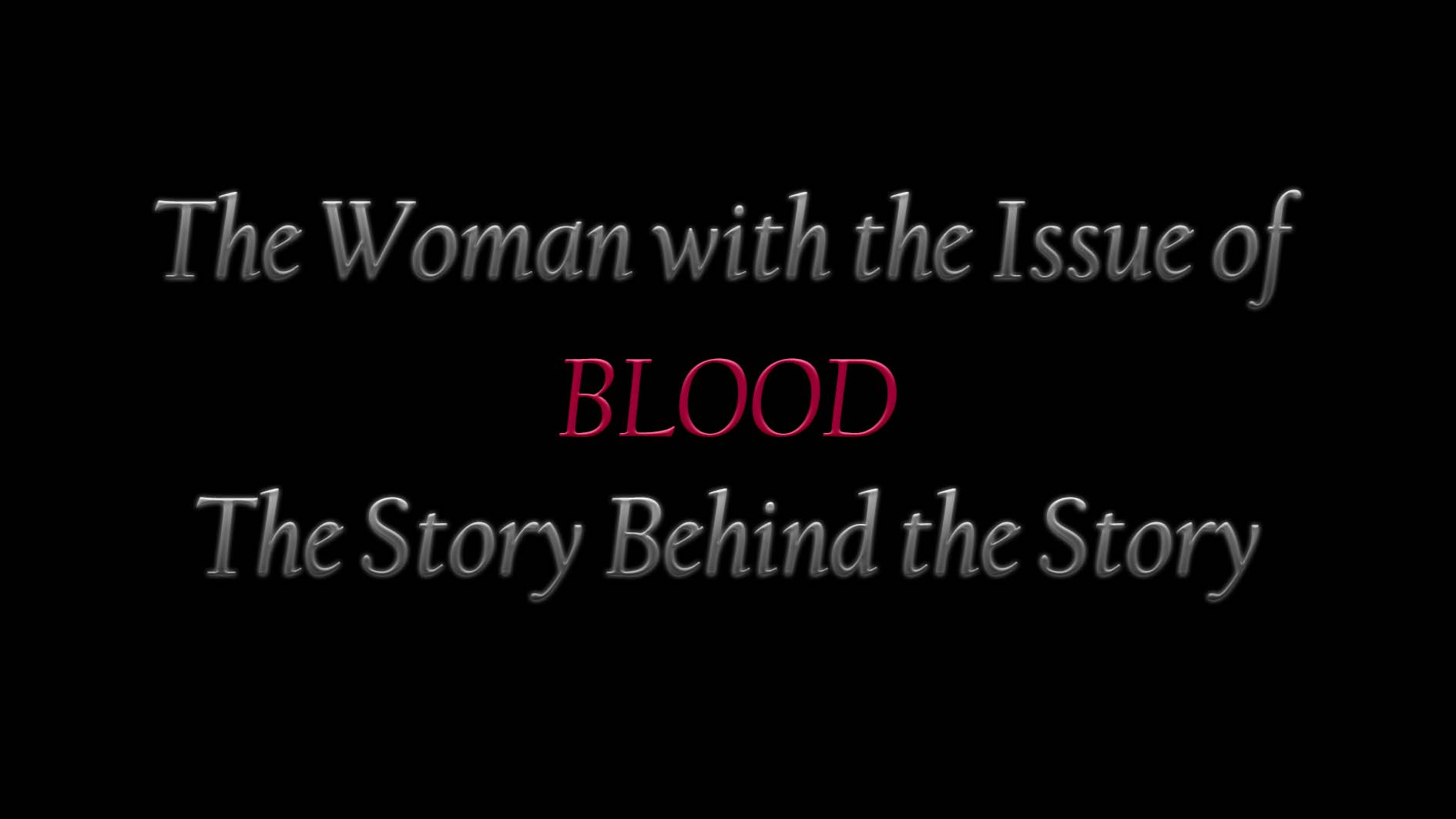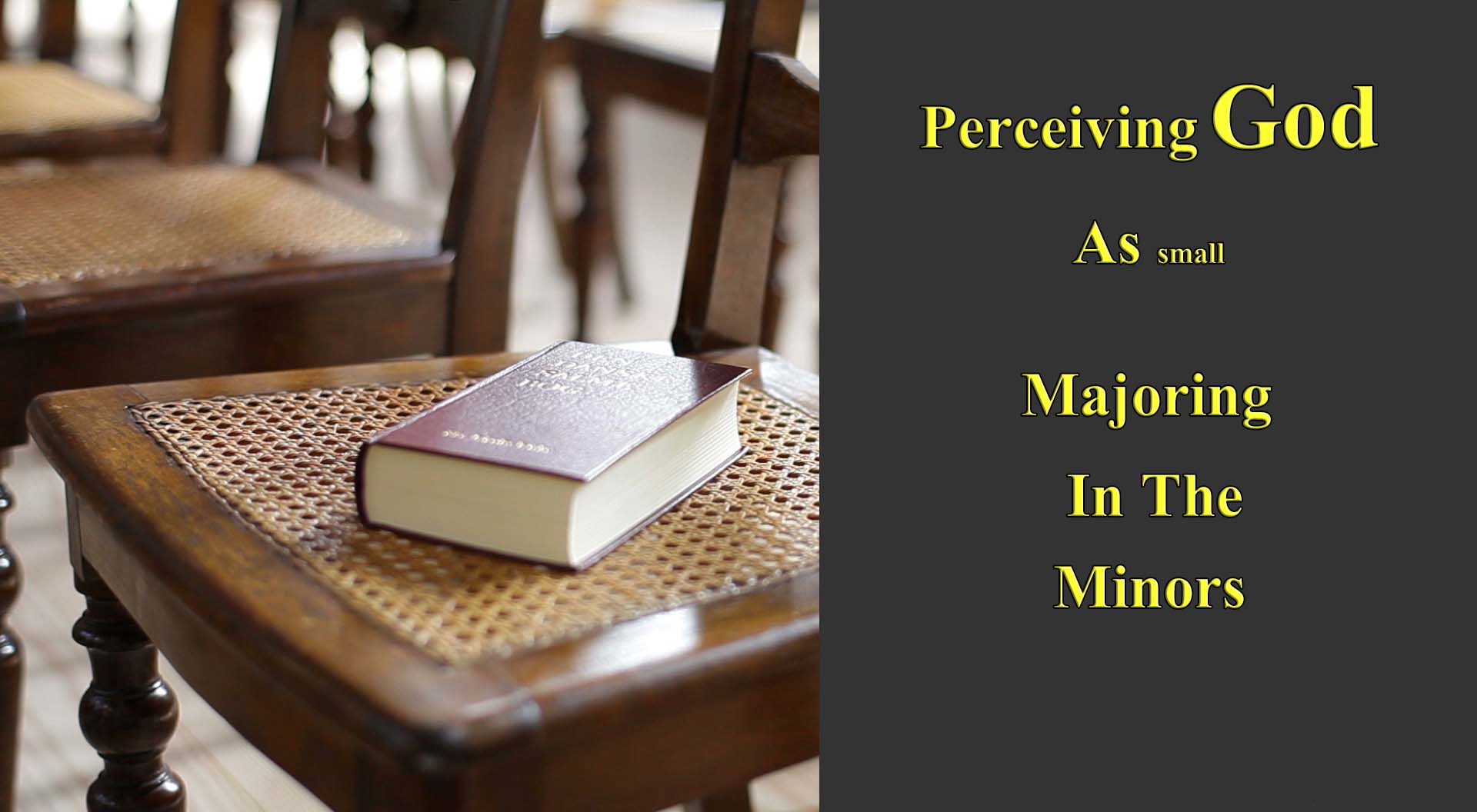As I have been studying the ancient Near Eastern perspective of scripture, I often get slammed with an understanding that is entirely at odds with our western definitions of words and modern estimation of important concepts.
Probably the most misunderstood word in our Bibles is “love.” Grace is a close runner up, but not understanding the concept of love is far more detrimental to our lives.
Love, in concrete biblical terms, has nothing whatsoever to do with feelings, which is why we so often fail miserably at it. Love is about loyalty, and covenantal love is the highest measure of love there is. In Messiah, we come into Covenant with the great King and God of the Universe, YHVH, and our greatest commandment is to love Him. Feelings don’t enter into it – we are called into an absolute loyalty-based relationship with Him. It’s why we don’t question His Heir, Yeshua (Jesus), and why we accept Him as our Master and Teacher. It’s why we cherish His gifts and call them good. It is why we yearn for His laws, as David did, wanting to be good citizens of the Kingdom of Heaven in order to show Him our respect and constant devotional loyalty. It’s the reason why we do not play games by lingering in relationship with those who have hated and betrayed Him. God isn’t a concept, He is our Salvation and King, our Deliverer and Great Reward. We swear our allegiance when we confess His Messiah with our mouths in an oath. When we receive His Spirit as a seal of that commitment, we dare not go after other gods, other men, or other kingdoms. We got down on our knees and repented because we saw what He is and we knew what we were and we recognized His right to have dominion over our lives – after all, we can’t even breathe without the very air He created. Any relationship that we take seriously must pale in comparison – any loyalty we would give our children, our spouses, or our parents must be secondary to the loyalty and seriousness with which we treat our relationship with Him.
Luke 14:26 If any man come to me, and hate not his father, and mother, and wife, and children, and brethren, and sisters, yea, and his own life also, he cannot be my disciple.
In the historical context, love and hate were covenant terms. Love meant covenant loyalty, covenant being a binding, eternal relationship built on choice, and hatred was to have no covenant at all with someone. We think in terms of feelings, infatuation vs contempt, but this is in error. We need to think loyalty vs no loyalty. YHVH didn’t hate Esau the way we hate people, He simply had no covenant relationship with him. YHVH blessed Esau with Mt. Seir, hardly the actions of someone who doesn’t like an individual. Esau was blessed, but beyond that – there was no covenant between them to be loyal to, as Esau rejected it along with his birthright to the Land double-portion.
When Yeshua said that we must hate our family members, He meant that “in comparison with your covenant loyalty obligations to Me, you don’t owe them or yourself anything.” Now this is not to say that we don’t owe our human covenant partners anything – quite the contrary. The second commandment clearly states that we are to love our neighbors as ourselves – and if we are to love our neighbors as ourselves, how much more so should we love those with whom we are in covenant?
Gen 18:19 For I know him, that he will command his children and his household after him, and they shall keep the way of the LORD, to do justice and judgment; that the LORD may bring upon Abraham that which he hath spoken of him.
Our children become familiar with Kingdom life through obedience to the Torah as interpreted by Yeshua, and through Him, we teach them to be loyal to the covenant, to grow up in this awe and appreciation of both the Covenant as well as what Master Yeshua did in order to renew it for our sakes.
Not only is parenthood a covenant relationship, but so is marriage and brotherhood, as well as friendship between the sons of God. We must be loyal towards one another. We must not casually speak ill of one another or betray each other. We must always be mindful that this other person is not an adversary for simple disagreements or variations in commandment keeping but in Covenant with the King and the King will deal with the truly disloyal.
I blew up at my sons this morning because they delight in betraying each other – the constant nit-picking. Looking for any reason to find fault, and take offense. I asked them why they hated each other so much and they said that they didn’t hate each other. I explained to them what love and hate are – that people who love each other and honor their covenant partnership through God will not seek every opportunity for betrayal and humiliation. Loyalty means we hold people accountable when they are doing something truly destructive yes, but it also means that we let most things slide.
Pro 19:11 The discretion of a man deferreth his anger; and it is his glory to pass over a transgression.
To fight with one another publicly, to gossip and insult – where is the loyalty in these actions? And if we do these things to each other, to those we can see, how are we to ever be expected to be loyal to the God whose face is not before us showing the pain of betrayal?
I John 2:10-11 He that loveth his brother abideth in the light, and there is none occasion of stumbling in him. But he that hateth his brother is in darkness, and walketh in darkness, and knoweth not whither he goeth, because that darkness hath blinded his eyes
I John 3:14-15 We know that we have passed from death unto life, because we love the brethren. He that loveth not his brother abideth in death. Whosoever hateth his brother is a murderer: and ye know that no murderer hath eternal life abiding in him.
I John 4:20 If a man say, I love God, and hateth his brother, he is a liar: for he that loveth not his brother whom he hath seen, how can he love God whom he hath not seen? And this commandment have we from him, That he who loveth God love his brother also.
I want to re-translate that using historical context:
He that is loyal to his brother abides in the light, and there is no occasion of stumbling in him. But he that shows no covenant loyalty to his brother is in darkness, and walks in darkness, and doesn’t know where he is going, because that darkness has blinded his eyes. We know that we have passed from death unto life, because we are loyal the brethren. He that shows no loyalty to his brother abides in death. Whoever is disloyal his brother is a murderer: and you know that no murderer has eternal life abiding in him. If a man say, I am loyal to God, but shows no covenant loyalty to his brother, he is a liar: for he that is disloyal his brother whom he has seen, how can he be loyal to God whom he hath not seen? And this commandment have we from Him, that he who would be loyal to God shall be loyal to his brother also.
Love is a deep seated action rooted not in self but in covenant obligation. That is why it is one of the fruits of the Spirit and in this modern society, perhaps the most difficult. This is why divorce was permitted in cases of adultery – because adultery devastates the relational context of the covenant. When we go back through the Torah laws and look at how they relate to being loyal to both King and Covenant partner, they cease to be seen as unfair and are shown to be just and right–with the notable exceptions of the laws seeking to contain the (then) current realities of the brutalities of ancient Near Eastern culture, like slavery and patriarchy and other things that the New Creation renewal of our reality has left distasteful for us. Sin is a breach of covenant – not a simple breaking of a man-made law where you pay a fine and all is undone. A breach in covenant is the violation of a relationship – it is a betrayal. The Spirit was given to us to teach us that, among many other things.





















Do you still hold this perspective regarding the fruit of love??
I do now that I have edited it lol. I have softened my stance on some things and have learned I was wrong in others. Thanks for asking the question 🙂